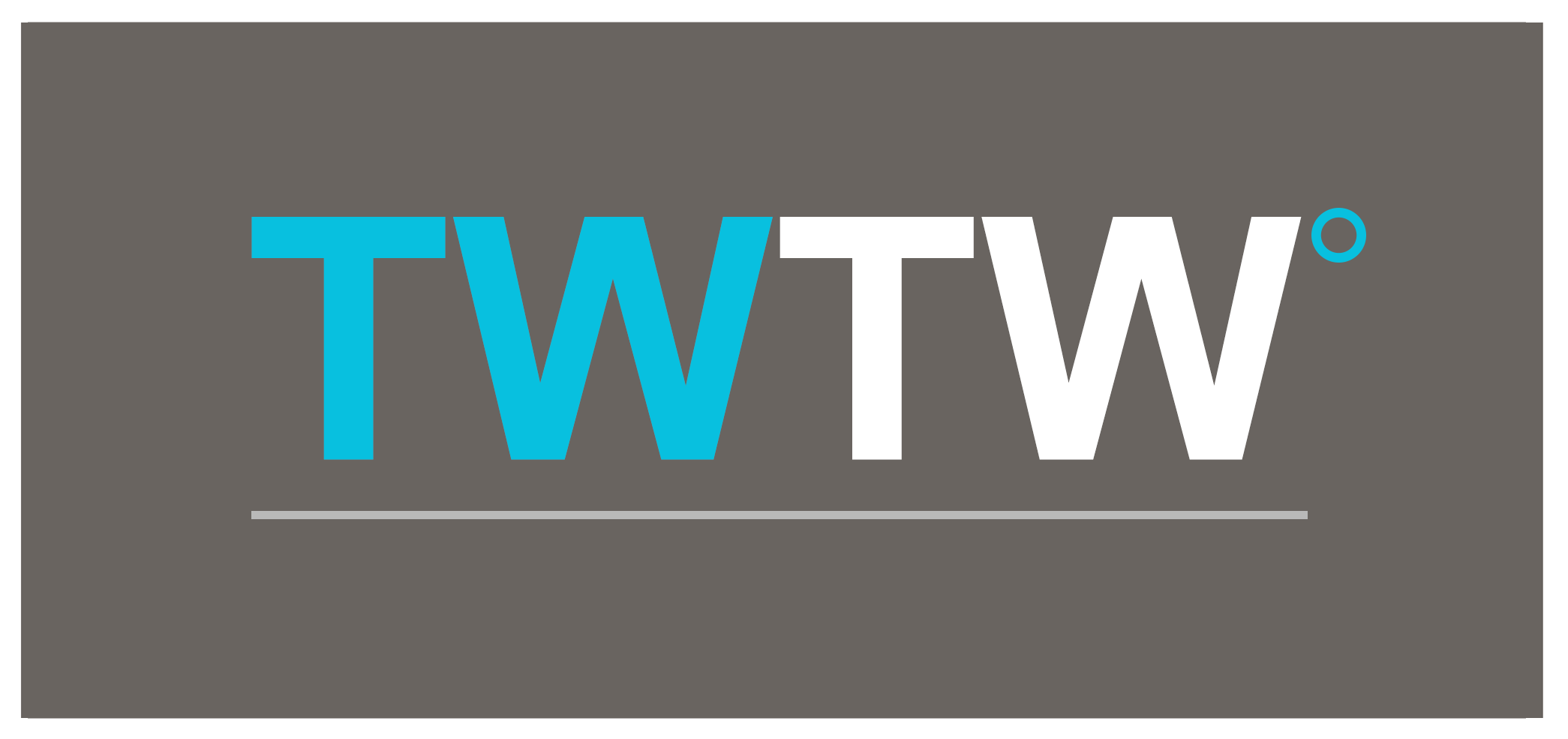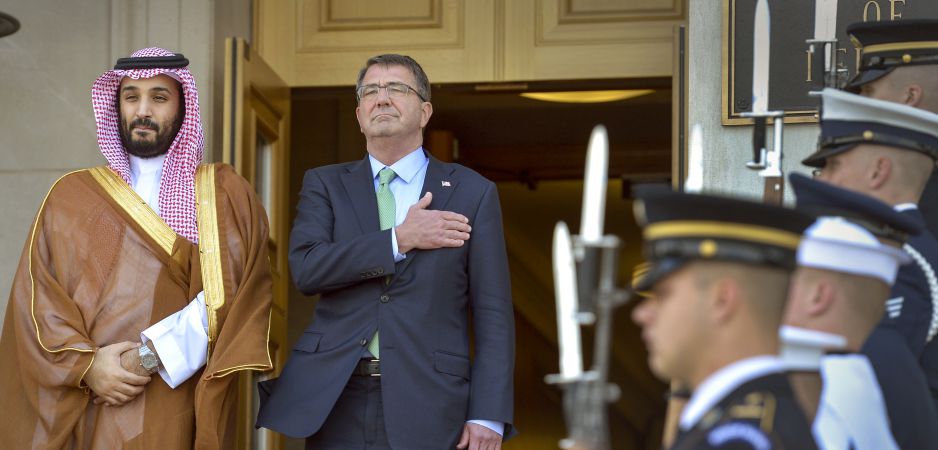Vladimir Putin blindsides the US, where internal divisions paralyze reform of gun laws and make coherent foreign policy impossible.
Once upon a time, not a very long time ago, Peter the Great decimated Swedish troops in the Battle of Poltava in 1709. Charles XII, the last of the Swedish warrior kings, was forced into exile in Ottoman Turkey and later died fighting as his country was attacked on all sides. After Poltava, Russia emerged as a great power, while the death of the Swedish warrior king led to what his countrymen call frihetstiden, the age of liberty.
For centuries, Russia has been a great power with impoverished people. Russian soldiers have been used as cannon fodder by their leaders from Peter the Great to Joseph Stalin.
Russian President Vladimir Putin is no different. This former KGB colonel became president because he acted decisively to crush Chechen rebels in 1999. In keeping with Russian tradition, Putin’s actions in Chechnya were brutal and thousands of Chechens became refugees. In 2003, the United Nations called Chechnya’s capital Grozny the most destroyed city on Earth. Putin’s battle hardened troops have now entered the fray in Syria. The Middle East’s Thirty Years’ War has just turned a touch more deadly.
Russians are grandmasters at chess. This week, Putin blindsided the Americans by turning up at the United Nations and calling for a united front against the Islamic State (IS). Soon, Russian pilots in Syria started bombing rebels, many of whom were not IS. The Russians gave the US, which has some special forces in the area, an hour’s notice to get out of Syrian airspace and move its assets off the ground. The BBC declared that there was something “totally jaw-dropping, gob-smacking, eyebrow-arching, ear twitchingly extraordinary—and not to mention, casual—about the way the Americans learnt about Russian plans.” Not since 1900 have Russian and American military forces operated in such proximity.
No wonder US President Barack Obama is not thrilled. His displeasure was there for all to see during his first formal meeting with Putin in two years. For the last few weeks, Obama has been working Capitol Hill to boost support for the nuclear deal with Iran. Despite the tens of millions of dollars that the Israeli lobby poured to scuttle the deal, Obama was able to block Republican rejection by a mere two votes. All Republicans in the Senate opposed the deal and four Democrats strayed from the fold. The Obama administration was so consumed with Iran that it overlooked Putin’s bold Syrian gambit.
In the past, this author has called Putin a modern-day Tsar fighting to retain Russian influence. Tumbling oil and gas prices have left the Russians broke. Russia’s conscript army is staffed by the poor who cannot bribe their way out of military service. They further Russian interests in Chechnya, Ukraine and now Syria. Their families do not know where they serve. Soldiers’ families are not even informed when they die. In the words of Fair Observer’s Anna Pivovarchuk, despite Russia’s “newly-found devotion to the Orthodox Church and its moral code, the price placed on human life and dignity still remains conspicuously unholy.”
There are more ills plaguing Russia. Once, the country expanded by conquering numerous peoples and subjugating many ethnicities. Today, separatist sentiments are simmering as the Russian Empire unravels. Chechnya might be quiescent now thanks to the brutality of Putin’s henchmen, but Georgia and Ukraine have moved away from the arc of Moscow’s influence.
Furthermore, Russian men are dying of drink. As of 2011, every seventh woman in Moscow was marrying a foreigner. The brightest Russians are fleeing their country, and even billionaires close to the Kremlin like Roman Abramovich stash money abroad in the form of yachts, real estate and Chelsea Football Club. Yet Putin continues to be popular with Russians and playing the military strongman is his best bet to retain power.
While Russia hurtles to ruin, the US is in a thick soup too. It still has the world’s largest economy and the dollar is the global reserve currency. This means Uncle Sam can get cheap debt and not worry too much about paying it back. Even so, the US economy is anemic. Job growth in September was dismal. The strong dollar and weak global demand is hurting industry, which is therefore not hiring too many people. The US also averted a government shutdown at the last minute when Congress approved a temporary spending measure that will keep federal agencies operating till December 11.
Along with bad news about the economy, the US had to deal with yet another mass killing. Nine people died after a gunman went on a shooting spree. It turns out he had 13 weapons, all of them purchased legally. Obama spoke with anguish and rightly pointed out that mass shootings have become routine in America. Gun violence is rife in the US, yet the country does “not have sufficient common-sense gun-safety laws—even in the face of repeated mass killings.” This phenomenon captures all that has gone awry in the nation of Manifest Destiny.
 Democracy weakens when social bonds disintegrate. American society is increasingly a collection of interest groups clamoring for their share of the pie. The common bonds and fundamental values that held Americans together are weakening relentlessly. In 1947, Republican Senator Arthur Vandenberg, the chair of the Foreign Relations Committee, supported Democrat President Harry Truman and declared that “we must stop partisan politics at the water’s edge.” Today, that is no longer true.
Democracy weakens when social bonds disintegrate. American society is increasingly a collection of interest groups clamoring for their share of the pie. The common bonds and fundamental values that held Americans together are weakening relentlessly. In 1947, Republican Senator Arthur Vandenberg, the chair of the Foreign Relations Committee, supported Democrat President Harry Truman and declared that “we must stop partisan politics at the water’s edge.” Today, that is no longer true.
Obama is already being “vilified for the vacillation and vagueness over his Syria policy.” At the same time, his decisiveness on Iran has attracted such opprobrium that 58 out of 100 senators have voted to scuttle his historic deal. Internal divisions within the US not only paralyze reform of gun laws and threaten government shutdown, but they also prohibit any action on climate change and make a coherent foreign policy impossible.
American politicians have turned their guns on each other with the same puritanical fanaticism with which their ancestors slaughtered Native Americans. Meanwhile, the global economy wobbles and the Middle East burns.
*[You can receive “The World This Week” directly in your inbox by subscribing to our mailing list. Simply visit Fair Observer and enter your email address in the space provided. Meanwhile, please find below five of our finest articles for the week.]
Yemen Faces a Catastrophe as Violence Intensifies
The Saudi-led fight against Houthi rebels in Yemen will lead to irreversible consequences for the stability of the country and its people.
Six months after a Saudi-led coalition launched an offensive against Shiite Houthi rebels, it is difficult to conceive how the situation on the ground in Yemen has improved. The collateral damage caused by the onslaught has been colossal and potentially irreversible.
Yemeni civilians have never been as vulnerable as they are now. The war has created a humanitarian crisis that has not only left them terrorized in the crossfire, but also vulnerable to the rise of radical Islamist actors who have taken advantage of the ensuing power vacuum. If the war continues, there is little prospect of a peaceful end to the conflict.
After the Iran-aligned rebels seized the capital Sanaa in November 2014, the Saudis feared a total Shiite takeover of Yemen. In the first month-long military campaign dubbed “Operation Decisive Storm,” Saudi Arabia launched airstrikes on Houthi targets primarily in their strongholds of Sanaa… Read more
Tango Time for the US and India
After decades of frostiness, the world’s two biggest democracies are drawing closer because of geopolitics, economics and culture.
The United States and India are the world’s two biggest democracies. Both of them are diverse and multicultural nations. Both are also deeply divided and cacophony rules during raucous elections. Both of them have what Joseph Nye calls “soft power” along with economic heft and military might.
The countries have many interests in common. Yet they have not been the best of friends and only now are relations starting to warm up. As Indian Prime Minister Narendra Modi pays his second visit to the US, relations are better than at any time in the past, but a long road lies ahead for both nations.
US-India relations have a tortured past. During World War II, Indian leaders like Mahatma Gandhi and Maulana Azad were grateful to the US for supporting India’s independence. Azad was the president of the Indian National Congress from 1940 to 1945. He met Americans regularly when he was not… Read more
The Revolutionary Act of Telling the Truth
Renowned war correspondent and filmmaker John Pilger discusses the launch of The WikiLeaks Files, which contains an introduction by Julian Assange.
George Orwell said: “In a time of universal deceit, telling the truth is a revolutionary act.”
These are dark times, in which the propaganda of deceit touches all our lives. It is as if political reality has been privatized and illusion legitimized. The information age is a media age. We have politics by media; censorship by media; war by media; retribution by media; diversion by media—a surreal assembly line of clichés and false assumptions.
Wondrous technology has become both our friend and our enemy. Every time we turn on a computer or pick up a digital device—our secular rosary beads—we are subjected to control: to surveillance of our habits and routines, and to lies and manipulation.
Edward Bernays, who invented the term “public relations” as a euphemism for “propaganda,” predicted this more than 80 years ago. He called it “the invisible government” … Read more
When the Pope Met America
Pope Francis missed a great opportunity to explain in detail how his god figures into the messaging process, says Larry Beck.
By all accounts, Pope Francis is a pleasant fellow who somewhat to his surprise became the pope. I am gratified that he chose to bring his blessed self to America and give the people here a few days free of breathless media coverage of the Donald, Ben and Carly Show. This does not mean that breathless coverage ceased for a few days; it just means that breathless coverage shifted to the Pope Show.
Maybe never has so little substance been said by so many about so few. If fawning were a sport, the American media could retire the trophy on nothing more than their coverage of the Pope Show. The usual patter of everyday “experts” was replaced by a gaggle of theologians, wannabee theologians and charlatans posing as theologians—all trying to sanctify themselves by kissing whatever ring was thrust in their faces… Read more
The Singapore Story Has Lessons
Fifty years after independence, one of the smallest but wealthiest nations has again reached a crucial moment in time.
A mixture of a land and sea creature, the Merlion is a strange icon for a former colony to adopt. The Merlion, which was developed by the Singapore Tourism Board in 1964, today appears to have lacked the prepossessing stance of other national icons that stem from that era.
Nonetheless, similar to the city state it represents, the Merlion stands for an economic success story: Until today, it is Singapore’s number one icon and continues to feature prominently in tourism advertisements and souvenirs. Like Singapore, the Merlion, which is based on a Southeast Asian mythical figure of a sea lion, seems to have come to life at the right place and the right time, emanating an appeal that caters to the exotic interests of Western audiences, by combining two worlds.
Fifty years ago, on August 9, 1965, when Singapore became an independent nation-state, its future was bleak. In the centuries… Read more
The views expressed in this article are the author’s own and do not necessarily reflect Fair Observer’s editorial policy.
Photo Credit: Drop of Light / Shutterstock.com
 We bring you perspectives from around the world. Help us to inform and educate. Your donation is tax-deductible. Join over 400 people to become a donor or you could choose to be a sponsor.
We bring you perspectives from around the world. Help us to inform and educate. Your donation is tax-deductible. Join over 400 people to become a donor or you could choose to be a sponsor.
Support Fair Observer
We rely on your support for our independence, diversity and quality.
For more than 10 years, Fair Observer has been free, fair and independent. No billionaire owns us, no advertisers control us. We are a reader-supported nonprofit. Unlike many other publications, we keep our content free for readers regardless of where they live or whether they can afford to pay. We have no paywalls and no ads.
In the post-truth era of fake news, echo chambers and filter bubbles, we publish a plurality of perspectives from around the world. Anyone can publish with us, but everyone goes through a rigorous editorial process. So, you get fact-checked, well-reasoned content instead of noise.
We publish 2,500+ voices from 90+ countries. We also conduct education and training programs
on subjects ranging from digital media and journalism to writing and critical thinking. This
doesn’t come cheap. Servers, editors, trainers and web developers cost
money.
Please consider supporting us on a regular basis as a recurring donor or a
sustaining member.
Will you support FO’s journalism?
We rely on your support for our independence, diversity and quality.











